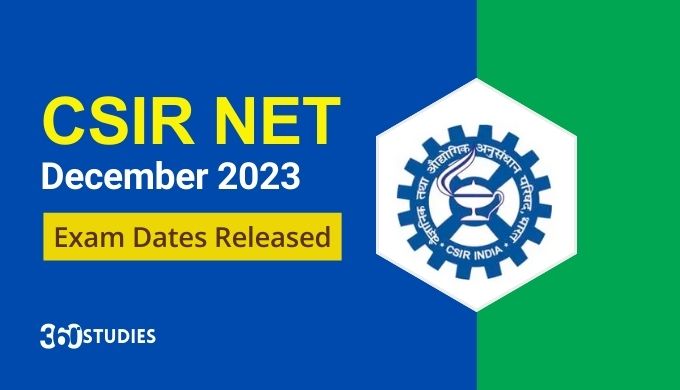18th Jan 2023
UGC NET 2023 (December) Result will be released on 18th Jan 2024.
17th Jan 2023
Embarking on the journey after clearing the UGC-NET is a critical phase for aspiring scholars. The National Testing Agency (NTA) has entrusted this responsibility to identify individuals eligible for the prestigious ‘Assistant Professor’ and ‘Junior Research Fellowship and Assistant Professor’ roles in Indian Universities and Colleges. This pivotal juncture opens doors to diverse opportunities, depending on the candidate’s performance in Paper-I and Paper-II.
Table of Contents
- 1 The Advantage of Junior Research Fellowship (JRF)
- 2 Funding Challenges for Assistant Professor Eligibles
- 3 What Comes Next – Choosing Your Path
- 4 Identifying Your Research Domain
- 5 Criteria for Choosing a Professor
- 6 Criteria for Choosing the University
- 7 Utilizing Resources for Informed Decisions
- 8 Crafting a Winning Application
The Advantage of Junior Research Fellowship (JRF)
Securing eligibility for both Junior Research Fellowship (JRF) and Assistant Professorship is a significant advantage. Candidates qualifying for JRF enjoy the benefit of funding for their research program, alleviating the need to seek external financial support.
Funding Challenges for Assistant Professor Eligibles
Candidates qualifying solely for Assistant Professorship face the challenge of funding their research independently. Seeking institutional grants becomes a viable option for those navigating this path.
What Comes Next – Choosing Your Path
Upon becoming eligible for ‘Assistant Professor’ and ‘Junior Research Fellowship and Assistant Professor,’ candidates need to chart their course for a Ph.D. journey.
Identifying Your Research Domain
Determining your research domain is crucial. If you have a clear vision of your area of interest, prioritize searching for a Potential Professor who aligns with your preferences and possesses expertise in your chosen domain.
Criteria for Choosing a Professor
Explore the profiles of potential professors, considering their prior knowledge and experience. Select a mentor who resonates with your research goals and has a track record in your desired field of study.
Criteria for Choosing the University
For candidates yet to decide on their research domain, selecting the right university becomes paramount. Consider factors such as the institution’s reputation, research facilities, and faculty expertise that align with your subject of interest.
Utilizing Resources for Informed Decisions
To make informed decisions, candidates can leverage various resources, such as research articles authored by professors and universities. Explore metrics that define the quality of research articles to assess the potential fit.
Crafting a Winning Application
Once the choice between a Potential Professor and a University is made, craft a compelling application.
The post-UGC NET journey is a transformative phase, offering candidates the chance to shape their academic destiny. Whether it’s securing a Junior Research Fellowship or navigating the path of an Assistant Professor, careful planning and informed decisions will pave the way for a successful Ph.D. pursuit.

